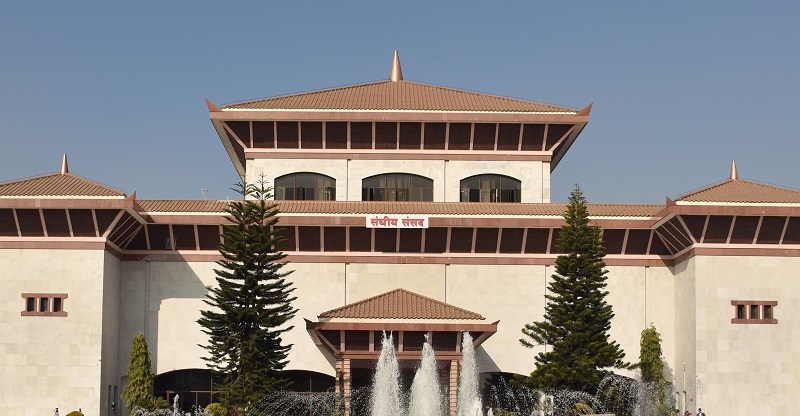Lawmakers in a parliamentary committee remain divided over whether to include a "cooling period" for trade unions and employees in the Federal Civil Service Bill. A cooling period refers to a set duration during which a retired employee is barred from working in another organization.
An 11-member subcommittee, led by Nepali Congress MP Dilendra Prasad Badu, was formed under the State Affairs and Good Governance Committee to finalize the bill. While the subcommittee has resolved most issues, two key matters remain unsettled: whether civil servants should be allowed to form trade unions affiliated with political parties and whether a cooling period should apply to government employees for appointment to constitutional positions or consultants immediately after retirement.
On Wednesday, the Badu-led subcommittee submitted its report to the main committee, recommending further discussions on the cooling period for constitutional appointments and post-retirement consulting roles. The report proposes a one-year cooling period for appointments to constitutional bodies and a two-year restriction on working as consultants in other organizations.
Although there is consensus on raising the retirement age to 60, lawmakers have yet to agree on whether to implement the change immediately or gradually, increasing it from 59 to 60 over time. The subcommittee has recommended further deliberations on this issue within the main committee.
UML MP Raghuji Panta acknowledged the lack of agreement on trade unions and the cooling period. "There are two unresolved issues: trade unions and the cooling period. Some members believe trade unions should not be allowed, but no consensus was reached," he said. "This issue may require informal discussions and higher-level political negotiations. However, we believe an agreement can be reached on the cooling period. The provisions we’ve proposed aim to address concerns across federal, provincial, and local levels."
Nepali Congress MP Hridayram Thani stressed that a subcommittee should resolve the bill’s disagreements but noted that it struggled to reach a full consensus. "We formed a subcommittee to expedite the process, yet five members remain in disagreement. A separate subcommittee should be created to address the most contentious issues," he said.
Rastriya Janamorcha President Chitra Bahadur KC also emphasized the need for a swift resolution, noting that despite efforts, persistent disagreements have delayed the bill’s passage.











